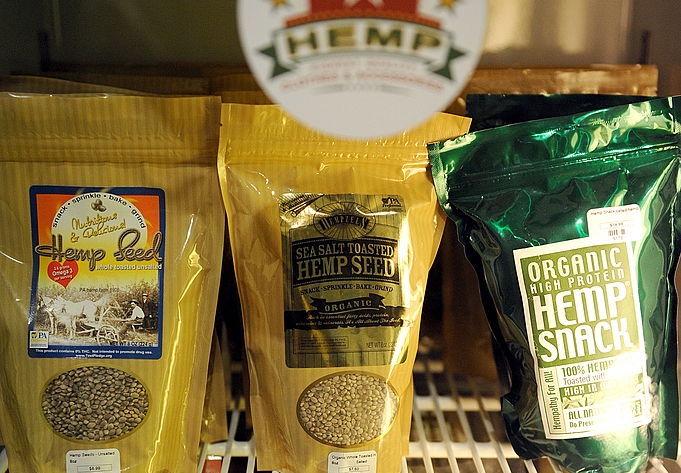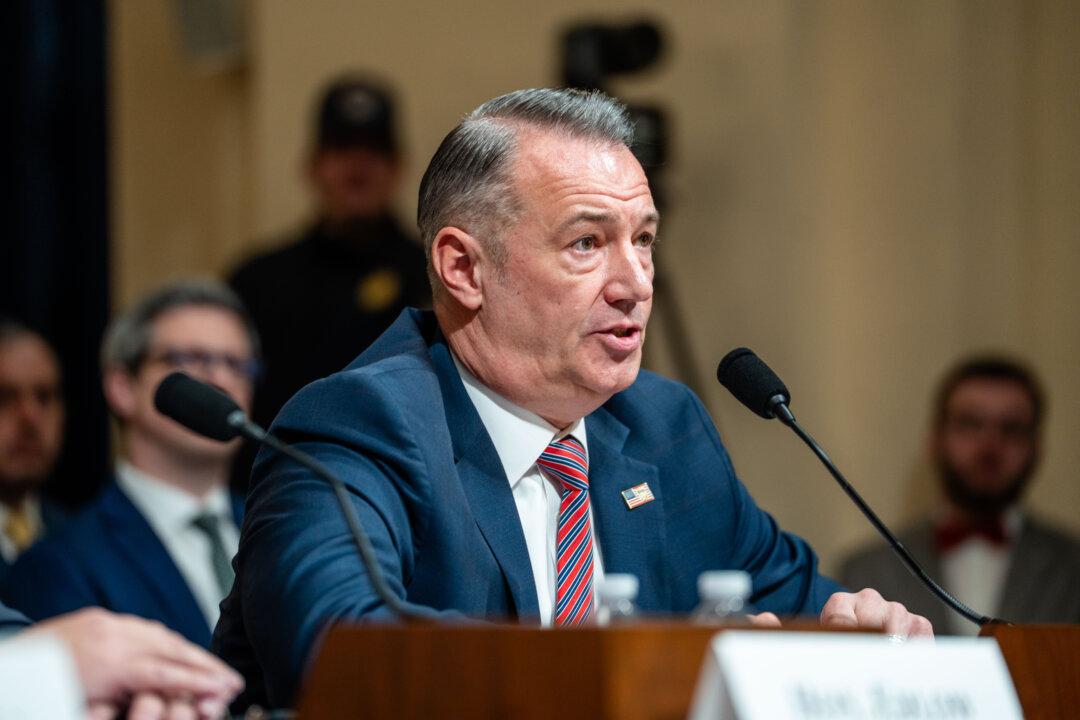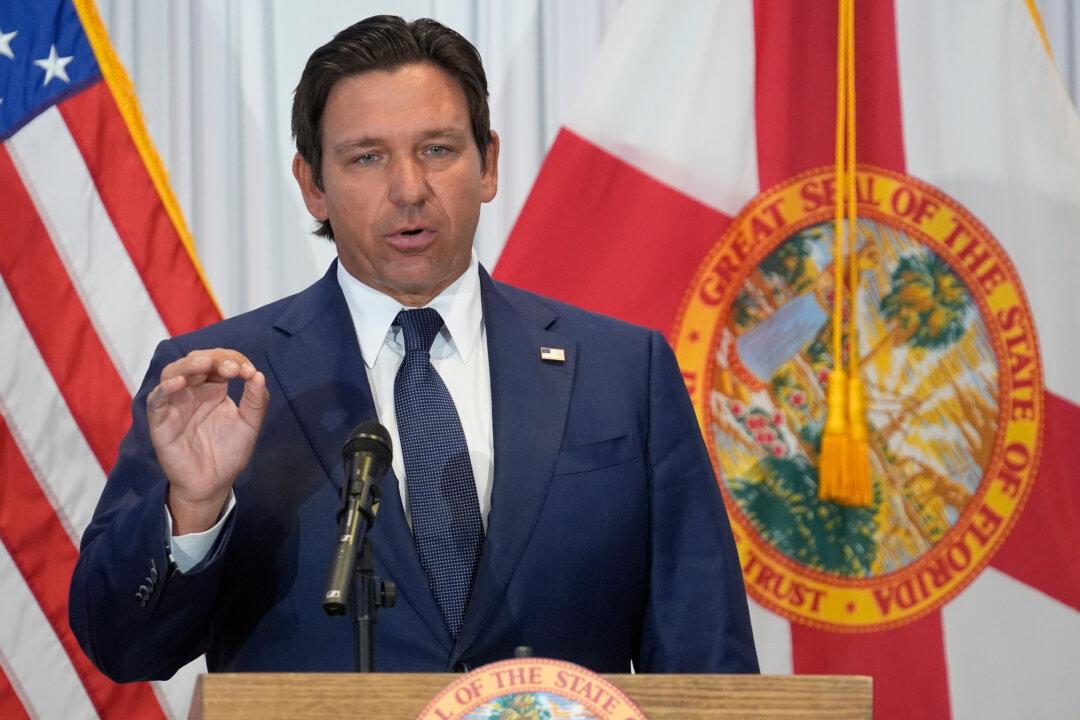A coalition of hemp growers and retailers is suing California’s Department of Public Health for implementing new emergency rules Sept. 23 that restrict hemp sales in the state.
The U.S. Hemp Roundtable, a Kentucky-based business-advocacy coalition, filed a lawsuit on Sept. 24 against the state at Los Angeles County Superior Court.





